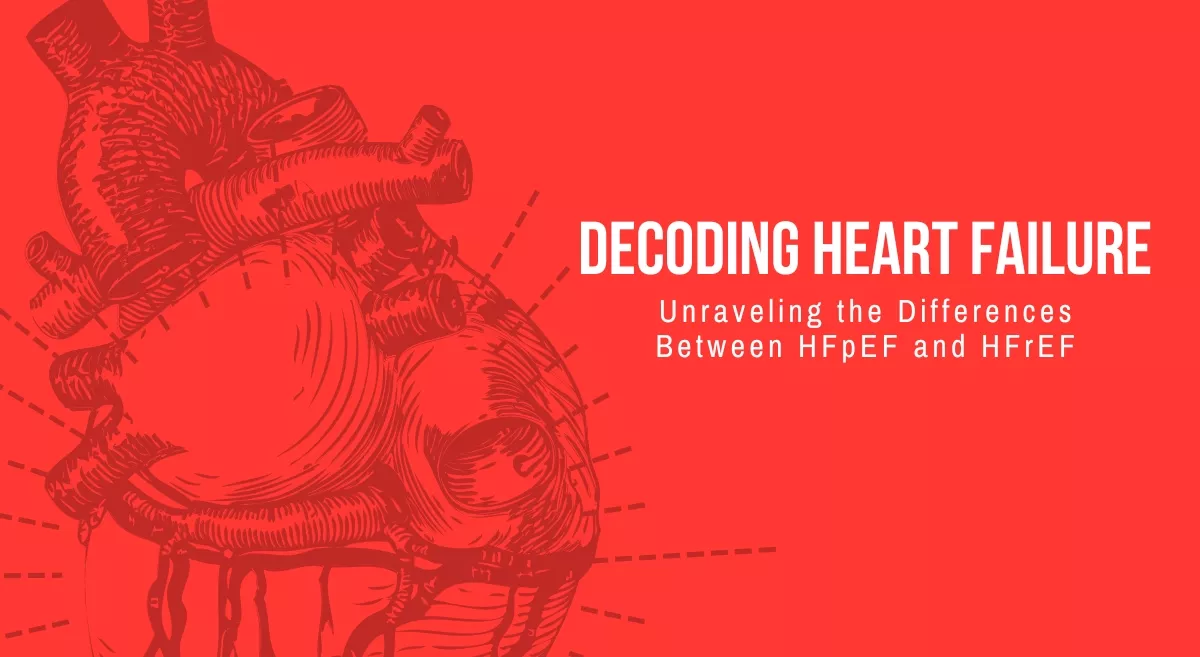Introduction
In today's fast-paced world, stress has become an unavoidable companion in our daily lives. While it's common knowledge that stress can negatively affect our overall well-being, its profound impact on heart health often goes underestimated. This comprehensive blog aims to shed light on the intricate relationship between stress and heart health. We'll explore how stress, if left unchecked, can contribute to cardiovascular problems and delve into practical strategies to manage and mitigate its effects. By gaining a deeper understanding of this connection, we can take proactive steps towards maintaining a healthy heart and a balanced life. If you’re seeking expert care for your heart, choosing the best cardiology hospital in Bangalore or consulting an experienced cardiologist in Bangalore can make a significant difference in early diagnosis and treatment.
The Stress-Heart Connection: Unveiling the Mechanisms
Stress triggers a cascade of physiological responses in the body, known as the "fight or flight" response. This response, which was originally designed to help us cope with immediate threats, can be activated by various stressors, both physical and emotional. During stress, the body releases hormones like adrenaline and cortisol, leading to increased heart rate, elevated blood pressure, and altered blood flow patterns. These changes, if chronic, can take a toll on the cardiovascular system. Patients who experience prolonged stress should consider visiting a reputed heart hospital in Bangalore to assess their heart health and take preventive measures.
Chronic Stress and Heart Disease
Prolonged exposure to chronic stress has been linked to an increased risk of heart disease. It can contribute to the development of atherosclerosis, a condition characterized by the buildup of plaque in the arteries. Stress also promotes inflammation, a key player in the progression of heart disease. Additionally, individuals under chronic stress may engage in unhealthy coping mechanisms, such as smoking, overeating, or excessive alcohol consumption, further elevating their risk. Consulting a trusted cardiologist in Bangalore can help in identifying risk factors early and creating a preventive care plan.
Stress-Induced Lifestyle Factors
Stress often drives individuals towards unhealthy behaviors that can harm heart health. Emotional eating, a sedentary lifestyle, and poor sleep quality are common responses to chronic stress. These behaviors can lead to weight gain, hypertension, and metabolic disturbances, all of which are risk factors for heart disease. For those who notice these patterns, seeking support from a cardiology hospital in Bangalore can help in managing lifestyle-related heart risks effectively.
Stress Management and Heart Health
Recognizing the impact of stress on heart health underscores the importance of stress management. Implementing stress-reduction techniques can significantly benefit cardiovascular well-being. Strategies like mindfulness meditation, deep breathing exercises, regular physical activity, and fostering strong social connections have been shown to alleviate stress and promote heart health. Expert guidance from a leading heart hospital in Bangalore can provide holistic programs that address both physical and emotional well-being.
Conclusion
The connection between stress and heart health is undeniable. Chronic stress can act as a silent accomplice in the development of heart disease, making it imperative to address stress as a part of heart disease prevention. By adopting healthy stress-management strategies and fostering resilience, individuals can not only safeguard their cardiovascular well-being but also enhance their overall quality of life. In this journey towards heart health, understanding the impact of stress serves as a crucial stepping stone, guiding us towards a balanced and harmonious existence. For anyone concerned about their heart health, consulting the best cardiologist in Bangalore or visiting a top-rated heart hospital in Bangalore can be the first step toward long-term well-being.











